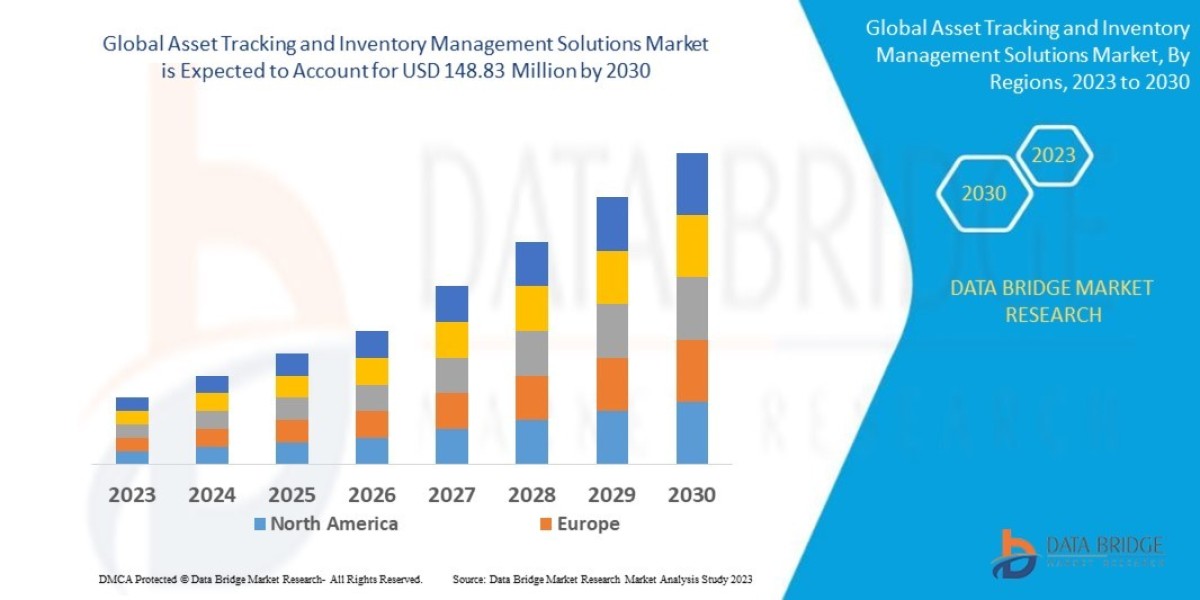The music industry continues to evolve rapidly, and the digital landscape plays a crucial role in shaping how artists, producers, and fans interact. As we move toward 2025, music web development services are set to undergo significant transformations, driven by emerging technologies and shifting consumer expectations. Whether you're a musician, a developer, or a business owner in the music space, staying ahead of these trends is essential.
1. Immersive Audio Experiences
High-quality audio streaming has been a priority for years, but the next wave of innovation focuses on immersive listening. Spatial audio and 3D sound technologies are gaining traction, allowing listeners to experience music in a more dynamic way. Music web development services will need to integrate these features seamlessly, ensuring compatibility across devices and platforms. Expect to see more websites offering interactive audio environments where users can adjust sound layers in real time.
2. AI-Powered Personalization (Without Overuse of AI)
While artificial intelligence has made strides in music recommendations, the focus in 2025 will be on refined personalization without overwhelming the user. Curated playlists, dynamic content adjustments based on listening habits, and mood-based suggestions will become more sophisticated. Music web development services must prioritize intuitive interfaces that enhance discovery while maintaining user privacy and control.
3. Blockchain for Royalties and Ownership
The music industry has long struggled with fair compensation for artists. Blockchain technology is emerging as a viable solution, enabling transparent royalty distribution and secure ownership records. In 2025, we can expect more platforms to adopt decentralized systems, ensuring that musicians receive proper attribution and payment. Web developers will need to integrate blockchain solutions seamlessly into music platforms, making them accessible to both artists and listeners.
4. Voice-Activated Music Platforms
Voice search and voice-controlled devices are becoming ubiquitous. Music websites will need to optimize for voice queries, allowing users to search for songs, playlists, or artists effortlessly. Developers must ensure that voice integration is smooth, with fast response times and accurate results. This trend will also influence SEO strategies, as conversational keywords become more important.
5. Enhanced Social Integration
Music consumption is inherently social, and web platforms are increasingly incorporating features that allow users to share, collaborate, and engage with others. In 2025, expect to see more music websites with built-in social tools—live listening sessions, real-time comments on tracks, and community-driven playlists. Music web development services will need to focus on scalability to handle increased user interactions without compromising performance.
6. Progressive Web Apps (PWAs) for Music
Mobile usage continues to dominate, and Progressive Web Apps (PWAs) offer a seamless experience between browsers and native apps. Music platforms will leverage PWAs to provide offline listening, push notifications, and faster load times. This approach reduces reliance on app stores and ensures broader accessibility. Developers must prioritize performance optimization to deliver a smooth experience across all devices.
7. Sustainability in Music Hosting
As environmental concerns grow, the tech industry is shifting toward sustainable practices. Music streaming consumes significant energy, and developers are exploring greener hosting solutions. In 2025, more platforms will adopt energy-efficient servers and carbon-neutral data centers. Music web development services should consider sustainability as a key factor in infrastructure planning.
8. Virtual and Augmented Reality Concerts
The pandemic accelerated the adoption of virtual concerts, and this trend is here to stay. AR and VR technologies will enable more interactive live experiences, from front-row virtual seats to backstage access. Music websites will need to support high-definition streaming with minimal latency, ensuring an immersive experience for global audiences.
Conclusion
The future of music web development is dynamic, with innovations that enhance accessibility, engagement, and fairness in the industry. From immersive audio to blockchain-powered royalties, these trends will redefine how we experience music online. Businesses and developers must adapt quickly, leveraging the latest technologies to stay competitive.
By partnering with expert music web development services, artists and platforms can ensure they are at the forefront of these advancements. As 2025 approaches, the intersection of music and technology promises exciting opportunities for creators and fans alike.








